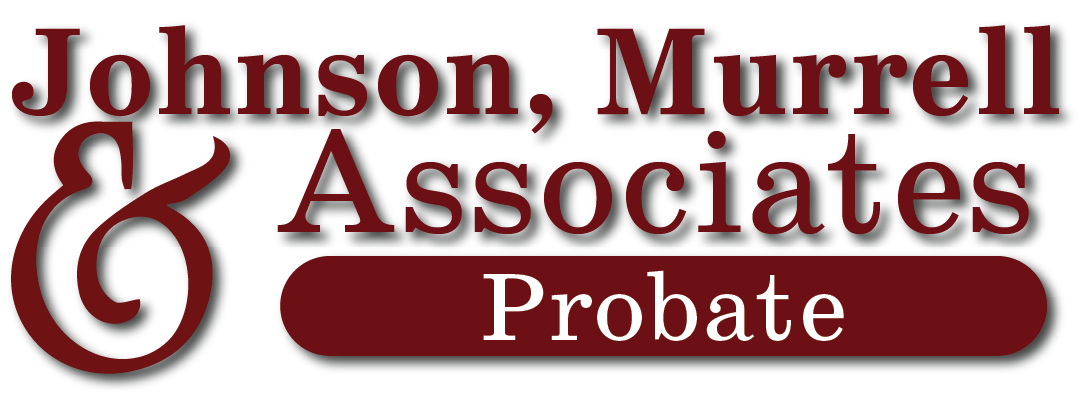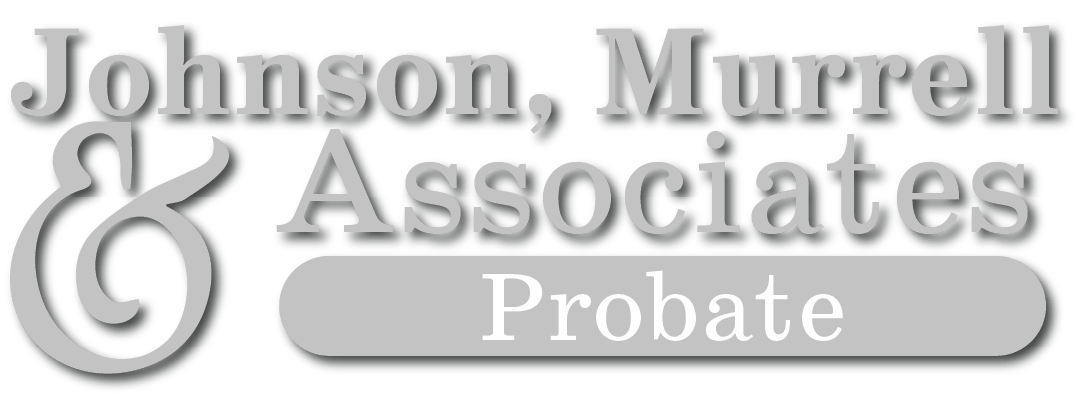The probate process can be time-consuming. Fortunately, it is a relatively straightforward legal proceeding that does not require a jury. In extremely rare circumstances, however, it is possible to file a demand for a trial by jury. Here’s what you should know.
A jury is not required for probate court in the overwhelming majority of cases. The rare cases that do need a jury typically involve a contested will. This could be due to questions regarding the decedent’s mental capacity, fraud, or undue influence. Probate is still necessary most of the time when settling an estate. Alternatives to probate court include creating a trust or settling a small estate.
Does Tennessee Require a Probate Court Jury?

No, Tennessee does not require a probate court jury. Nothing is really on trial in a typical probate case. Rather, the probate process is the legal procedure by which assets lawfully move from a deceased individual to their heirs. Probate court goes even smoother when you hire an experienced attorney.
Johnson, Murrell & Associates is one of the region’s leading law firms. Since 1976, our team has helped clients resolve legal matters throughout Tennessee. We handle probate matters from Knox County to Madison County and across the hundreds of miles in between.
When you partner with Johnson, Murrell & Associates, you’re choosing a team that understands the ins and outs of legal proceedings from probate to district courts. With over 40 years of experience, our team is here to support you. We’ll guide you through every step of probate to ensure the entire process goes as smoothly as possible.
Learn more about our probate administration services.

When Is a Jury Required for Probate?
A trial by jury is not required for probate. However, there are times when jury service may be requested through a formal proceeding with the court. In most cases, this is due to a dispute about the legitimacy of the will, legally known as a will contest. This can occur for different reasons, such as:
- Challenges on grounds of competency
- The will was procured through fraud or undue influence
Challenges on Grounds of Competency
Challenges on grounds of competency are based on the claim that the deceased was not of sound mind when he or she wrote their will. This means that they didn’t know what they were doing when drawing up, updating, or signing the final version.
Among the jury’s duties is to determine if a will is valid or not based on factors such as:
- Disease
- Failing memory
- Failing mind
- Physical weakness
The Will Was Procured Through Fraud or Undue Influence
A will that was procured through fraud or undue influence could mean that the will is a forgery. It could also mean that someone influenced the decedent during the writing process. In these cases, there may be a “confidential relationship” between the decedent and another party that may have used undue influence to affect the will.
A major legal shift occurs if this relationship is proven. The party believed to have had a confidential relationship with the decedent must then prove that the will wasn’t the result of undue influence using “clear and convincing evidence.” These same rules apply to any asset transfers that are made by a person still living and to pre-death.
Is Probate Always Required in Tennessee?
A probate court jury isn’t required in Tennessee except for cases where the will is contested. Does this mean that there are cases where probate isn’t required, either? While most estates will need to enter the probate process, there are two main exceptions to this rule.
Exceptions include:
- Creating a trust
- Having an estate smaller than $50,000 with no real property
Trusts That Bypass Probate
Revocable living trusts and irrevocable trusts are both able to bypass probate. As the most popular option, revocable living trusts let you transfer your assets into the trust while you’re alive. However, you still maintain control over them until you have passed. Once that happens, the assets within the trust are distributed to your heirs without the need for probate.
Irrevocable trusts work similarly to revocable living trusts. Both involve transferring assets to a trust which becomes their legal owner, bypassing probate. The primary difference between an irrevocable trust and a revocable living trust is that the former can’t be easily altered. A court order or agreement between beneficiaries is required to make any alterations to the trust.
Learn more about trusts and probate.
Small Estates
Small estates are a special case in Tennessee. For estates worth less than $50,000, special small estate procedures can speed up the process.
Probate for small estates still has certain steps that must be completed. They include providing:
- A death certificate
- Affidavit outlining the estate’s assets and debts
- Beneficiaries’ contact information
Once this information has been submitted, the court will determine if the estate qualifies for the simplified probate process. The request should be decided within 45 days of the submission. Assets can be directly distributed to the beneficiaries once the submission has been approved.
Are you concerned that your probate case may require a jury? Contact us today to schedule your free consultation!
While a jury is typically unnecessary in probate court proceedings, it’s essential for dealing with contested wills. Whether contested or not, probate remains a crucial step in the majority of estate settlements. However, individuals also have options for bypassing probate court. This includes creating a trust or resolving a small estate to bypass the traditional probate process.
At Johnson, Murrell, & Associates, we understand that handling a loved one’s estate and bills after their passing is an emotional, stressful experience. Our job is to make your life easier, which means guiding you through the process so you understand what’s to come. To schedule a consultation, call us at 865-453-9943 or schedule an appointment.



